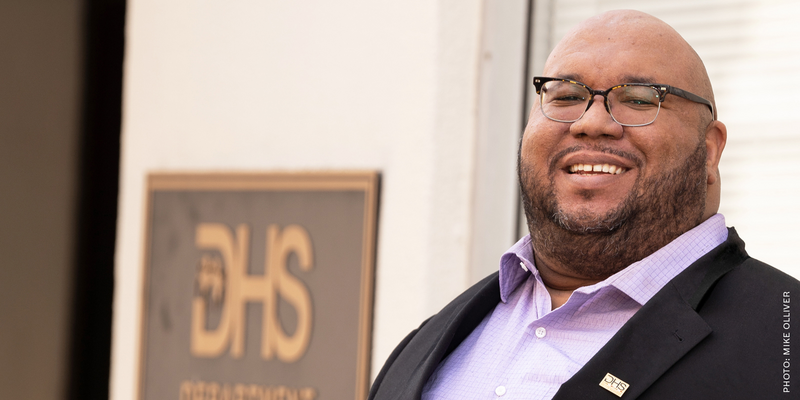CTDO Magazine Article
Member Benefit
Dedicated to Serving
CLO Michael Dorsey ensures that every Department of Human Services employee has the training they need to serve Maryland residents.
RK
By
Wed Jul 15 2020

Loading...
Michael Dorsey ensures that every Department of Human Services employee has the training they need to serve Maryland residents.
